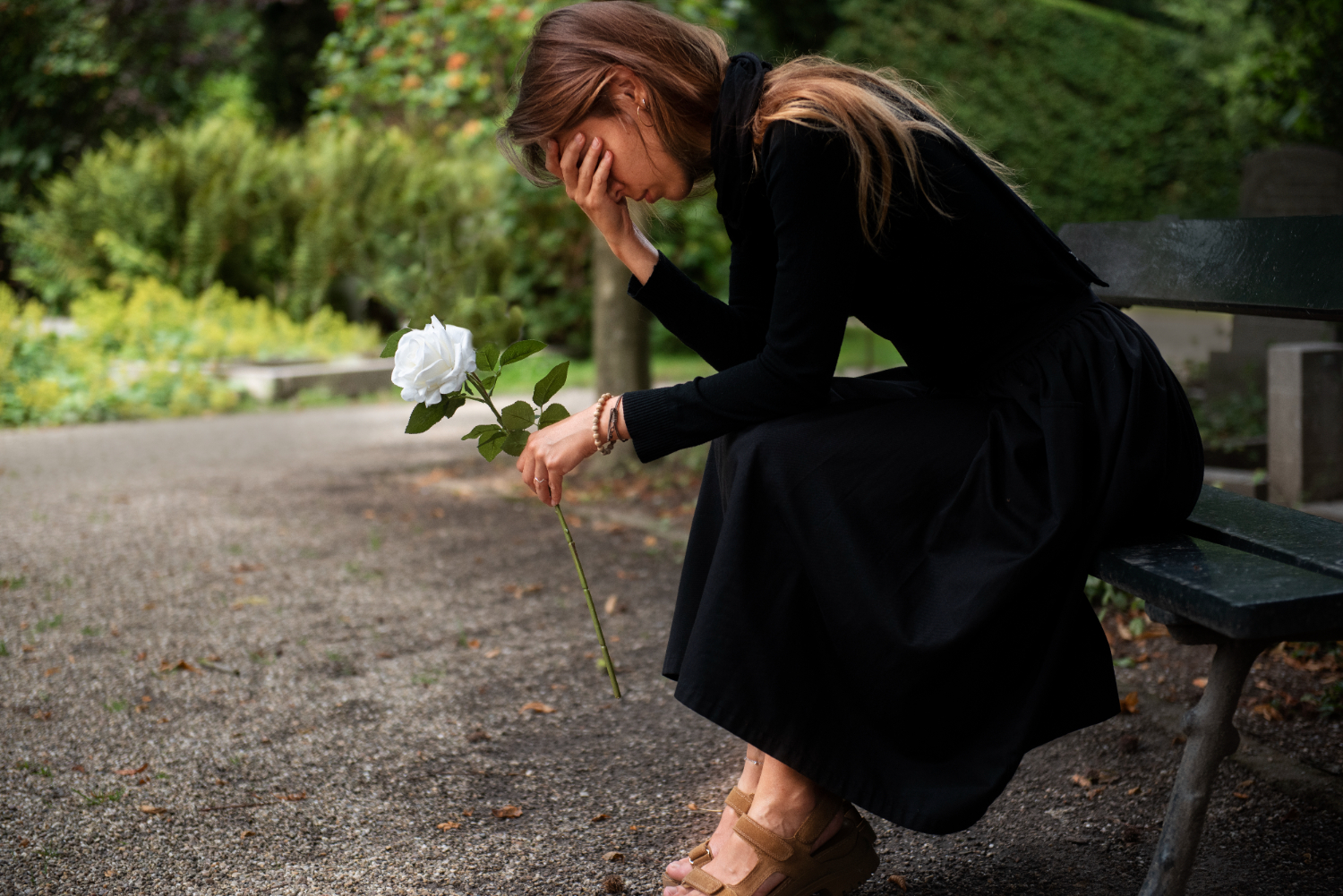The Weight of Memories—When Love Feels Like Pain

I thought memories would be a comfort, but instead, they feel like knives.
A song plays on the radio, one my child used to dance to in the kitchen, bare feet sliding across the floor. My breath catches in my throat, my hands grip the counter. The memory rushes in—so vivid, so alive—and then it vanishes, leaving a hollow ache in its place.
I can still hear their laughter. I can still smell their hair when I close my eyes. But I can’t reach them. I can’t bring them back.
Some days, I welcome the memories. They are proof that my child was real, that our love was real. But other days, they crush me under their weight. How can something so beautiful hurt this much?
Table of Contents
- Avoid Certain Places
- The Fear of Forgetting
- Learning Tools
- 1. Creating a Memory Box
- 2. Transforming Grief into a Tribute
- 3. The Loving Memory Journal
- Guided Meditation: Holding Love Beyond Loss
Avoid Certain Places
I avoid certain places—the park where we used to play, the store where I used to buy their favorite snacks. I steer clear of old videos, of photographs that seem to stare back at me with a life I no longer have.
But grief is cruel. It finds me anyway.
Even in the quietest moments, it arrives uninvited. The empty chair at the dinner table. The stuffed animal left behind. The unused toothbrush in the bathroom. Everything is a reminder of what was—and what will never be again
The Fear of Forgetting
There is a fear no one talks about.
At first, grief is sharp, overwhelming, constant. But what happens when time dulls it? What happens when I go a full day without crying? When I realize I can’t quite remember the exact sound of their voice?
Does that mean I am losing them?
The thought terrifies me. I cling to my pain because it feels like the only thing I have left of them. But deep down, I know—my child is not in the suffering. They are in the love.
And love does not disappear.
Learning Tools
Honoring Memories Without Drowning in Them
Memories can be both a source of comfort and pain. These tools are designed to help you hold onto your love while learning to breathe through the ache
1. Creating a Memory Box
Find a small box or container.
Fill it with things that remind you of your child—letters, photographs, small items that hold meaning.
When grief feels unbearable, open the box and allow yourself to sit with the memories, knowing you can close it when you need to.
2. Transforming Grief into a Tribute
Choose one thing your child loved—maybe they adored sunflowers, painting, or helping others.
Find a way to honor them through it—plant a sunflower, create a small painting, do an act of kindness in their name.
This allows grief to become an expression of love, rather than just pain.
3. The Loving Memory Journal
Instead of focusing on the loss, write down small, beautiful moments you remember about your child.
‘Today, I remembered the way they used to squeeze my hand three times to say “I love you.”’
This keeps their spirit alive in a way that feels gentle rather than overwhelming.
Guided Meditation: Holding Love Beyond Loss
Find a quiet place. Close your eyes. Take a deep breath.
Imagine yourself sitting in a peaceful garden. The air is warm, the breeze gentle. In front of you is a small glowing light, hovering softly in the air.
This light holds every beautiful memory of your child—the way they smiled, the way they hugged you, the way they made the world brighter just by being in it.
You reach out, placing your hands around the light. It does not burn. It does not fade. It simply exists—warm, steady, eternal.
This love is yours. It is not lost. It has not left.
Whisper to yourself:
‘I do not need to hold onto pain to hold onto love.’
‘My love for my child is infinite.’
‘They are here, in my heart, always.’
Sit with this light for as long as you need. Feel its warmth. Let it remind you that love never disappears.
When you are ready, take a deep breath, gently open your eyes, and return to the present moment.
Your child’s love is not in the pain. It is in the light you carry forward.
Created By: Bethany Orrick
Recommended Blogs
 Blogs
Blogs The Gift of Small Moments—Finding Light in the Midst of Grief
The Gift of Small Moments—Finding Light in the Midst of Grief Grief has a way of shrinking the world.In the...
 Blogs
Blogs When the World Moves On—Feeling Left Behind in Grief
When the World Moves On—Feeling Left Behind in Grief Life has a way of moving forward, even when you feel...
 Blogs
Blogs When the Grief is Too Much—Learning to Take a Break from the Pain
When the Grief is Too Much—Learning to Take a Break from the Pain Some days, grief is everywhere.It’s in the...
 Blogs
Blogs The Ache of Milestones—When Time Moves Forward Without Them
The Ache of Milestones—When Time Moves Forward Without Them Another birthday approaches. Another milestone passes.I find myself caught between two...
 Blogs
Blogs The Holidays Without Them—When Joy and Grief Collide
The Holidays Without Them—When Joy and Grief Collide The holidays are here, and the world feels different. Everywhere I look,...
 Blogs
Blogs The Unexpected Triggers—When Grief Hides in the Smallest Moments
The Unexpected Triggers—When Grief Hides in the Smallest Moments Grief is a shape-shifter. It doesn’t always show up in the...